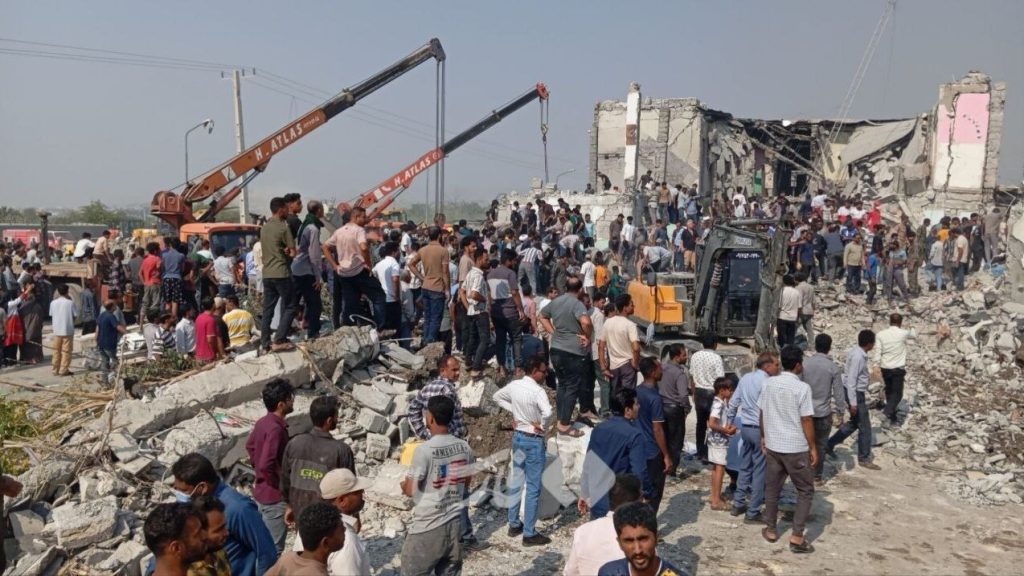A significant development has unfolded in Kenya, marking the culmination of a prolonged quest for justice. The UK government has agreed to provide compensation to the tune of £2.9 million, equivalent to $4 million, to over 7,000 residents in the Laikipia region. This move comes in response to a devastating wildfire that was sparked by a British military exercise in 2021, resulting in widespread destruction and harm to the local population.
The incident in question occurred near the Lolldaiga Hills, where joint military drills were being conducted by British and Kenyan forces. The blaze not only destroyed parts of a protected conservancy but also left behind explosive material that caused injuries to locals. The affected communities subsequently filed a lawsuit, citing the enduring health problems and environmental damage that ensued. The lawsuit highlighted the severe impact of the wildfire on the daily lives of the residents, who have been seeking redress for the harm suffered.
A turning point in the case emerged when a British soldier appeared to acknowledge responsibility for the fire in a social media post, prompting a formal investigation by the Royal Military Police. This investigation shed light on the circumstances surrounding the incident and underscored the need for accountability. A lawyer representing the victims has confirmed that compensation payments have now been disbursed, characterizing the payout as a form of relief for the “smoke nuisance” caused by the fire. This development signifies a crucial step towards addressing the grievances of the affected communities.
In a statement issued on Friday, the British High Commission in Nairobi described the fire as “extremely regrettable” and acknowledged the frustration and anger that the delay in resolution had caused. The British Army maintains a permanent base in Nanyuki, and this case has reignited scrutiny over the broader implications of foreign military training on local communities. The presence of foreign military bases and the conduct of military exercises in sensitive ecosystems raise important questions about environmental stewardship, community safety, and the long-term consequences of such activities.
The compensation agreement marks a significant milestone in the pursuit of justice for the residents of Laikipia. However, it also underscores the ongoing challenges and complexities associated with foreign military presence in fragile environments. As the world grapples with issues of environmental sustainability, community rights, and military accountability, this case serves as a poignant reminder of the need for responsible and sustainable practices that prioritize the well-being of both people and the planet. The impact of military activities on local ecosystems and communities is a pressing concern that requires careful consideration and meaningful action to mitigate adverse effects.



